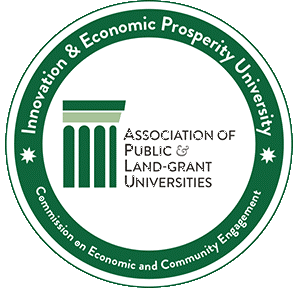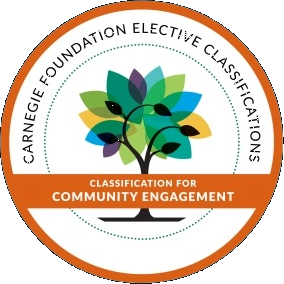Attention: Faculty, academic staff, and instructors, new to or experienced with community-engaged learning
Community-engaged learning is a teaching and learning strategy that integrates meaningful community partnerships with instruction and critical reflection to enrich the student learning experience, teach civic and social responsibility, and strengthen communities. Implementation strategies range from direct service to advocacy to research to philanthropy and more! Through presentation and discussion, attendees will learn how to get started or enhance what they are already doing and connect to a network of peers and resource supports. If you are interested but unable to attend or would like one-on-one consulting, please email the Center for Community Engaged Learning's academic programs team to discuss ideas, plans, and/or partnership support. Contact Michelle Snitgen, msnitgen@msu.edu, or Stephanie Brewer, sbrewer@msu.edu.
Participants can register for one workshop or all sessions.
Exploring the Social Change Wheel: Working Toward Anti-Racism, Equity, and an Expanded Definition of Community-Engaged Learning
In this workshop we will discuss definitions, tools, and resources related to the Social Change Wheel. Expand your definition of community-engaged learning through exploration of campus- and community-based implementation strategies, which have anti-racism, equity, and community partnerships at their core.
Registration now closed
Community Conversations: The Elements of Community Partnerships
This session will discuss elements of strong partnerships to effectively co-create community-engaged learning opportunities for students. Hear examples of successful faculty/community partnerships, discuss considerations for initiating and sustaining partnerships, and explore resources to assist you in partnership development or enhancement.
Community-Engaged Learning in the Classroom: Rubrics, Reflections, and Resources
This session will discuss creative examples, strategies for grading, and best practices for leading students to reflect upon and make meaning of their community-engaged learning experiences. Hear from faculty peers, dialogue with colleagues, and leave with new ideas to enhance student learning and complement your teaching practices.









